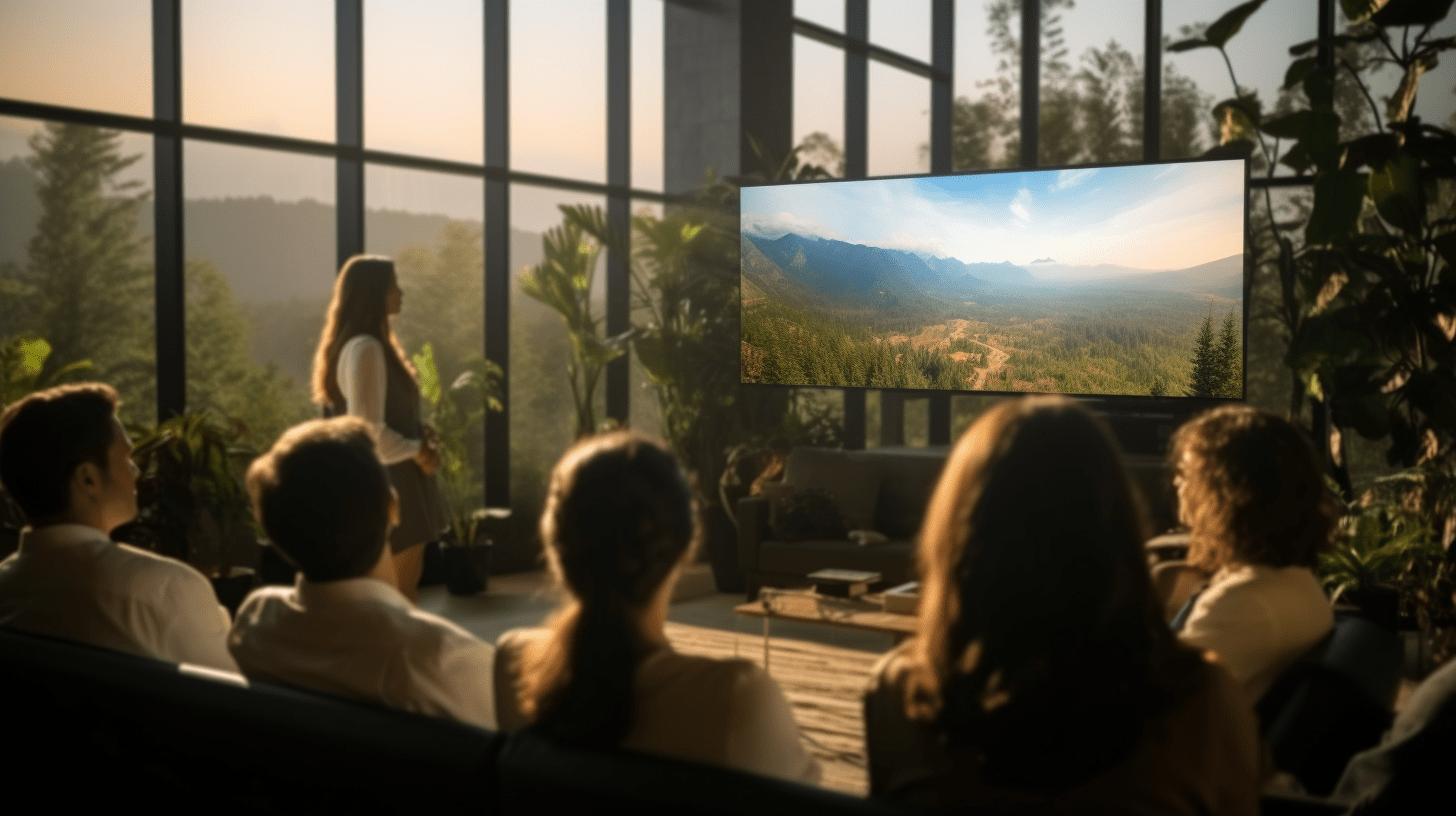
On December 9, the second Keynote of the Lab Aqsone, in the presence of our customers. The opportunity for us to present the Lab's activities and its achievements over the last 6 months.
The Aqsone Lab is a dedicated time for our employees to explore, innovate and learn about issues that are important to us such as the environment, health or social issues but also to master the latest technologies that address them.
For two periods of three months, employees worked in teams on different projects, the results of which are shown below.
How does data science make it possible to model and simulate the effects of drugs?
The first subject discussed during this keynote is a health project. The objective is to predict the effects of a drug on pathologies based on its molecular compound. This would speed up the drug discovery process.
To do this, Nicolas Cheifetz shows you how to approach this subject using machine learning and detailed analysis of undocumented data:
Time series prediction to combat unpleasant odors around factories
The environment is a strong subject and often highlighted by Aqsone. This is why this project, initiated by Veolia, aims to predict the level of sulfur dioxide in the air near factories to prevent olfactory nuisances.
Nicolas Le Gall presents the different algorithms used for the analysis and forecasting of time series and which one is most suitable for this case:
Reinforcement Learning to optimize data allocation in the Purchasing sector
This project addresses a well-known problem: the optimization of data allocation. Our teams have developed a model of reinforcement learning making it possible to optimize the allocation of orders in the purchasing sector.
Nicolas Cheifetz and Thomas Framery present their results and the comparison with other optimization models:
Machine learning for global health
The project focuses on health and aims to predict the number of dengue cases in a city based on environmental and government data. Dengue fever, also called "tropical flu", is a viral disease transmitted to humans by mosquitoes, with approximately 50 million cases estimated worldwide. Machine learning will be used to achieve the project objectives.
Léa Besnard and Hugo Naya show you their results in this video:
How to reduce parcel transport costs through optimization?
Due to numerous economic, political and social factors against the backdrop of the health crisis, transport prices are experiencing a sharp increase. The two projects presented were initially launched during an online challenge organized by Renault and Roadef.
The first project, named “Logistic 4.0 – Truck Fleet Planning Performance”, aims to optimize parcel allocation with different trucks between two warehouses at a given time.
Houcem Chaabane explains how this problem was solved by detailing the different stages of the optimization algorithm:
The second project, called “3D Truck Loading Optimization”, aims to optimize the arrangement of packages in a trailer using a 3D presentation to better visualize the scientific approach.
Vincent Gargasson explains the various difficulties encountered in this project and how they were overcome to offer an efficient solution:
Conclusion
Our employees have the desire to offer innovative and relevant solutions to our customers, and the Lab is an excellent way for them to self-train and discover new technologies to continue to strengthen their expertise.
The Lab is also a way for us to offer projects around the themes of the environment, biodiversity, health and social issues to our employees.
The next Keynote will take place in June 2023, all information will be announced on LinkedIn



